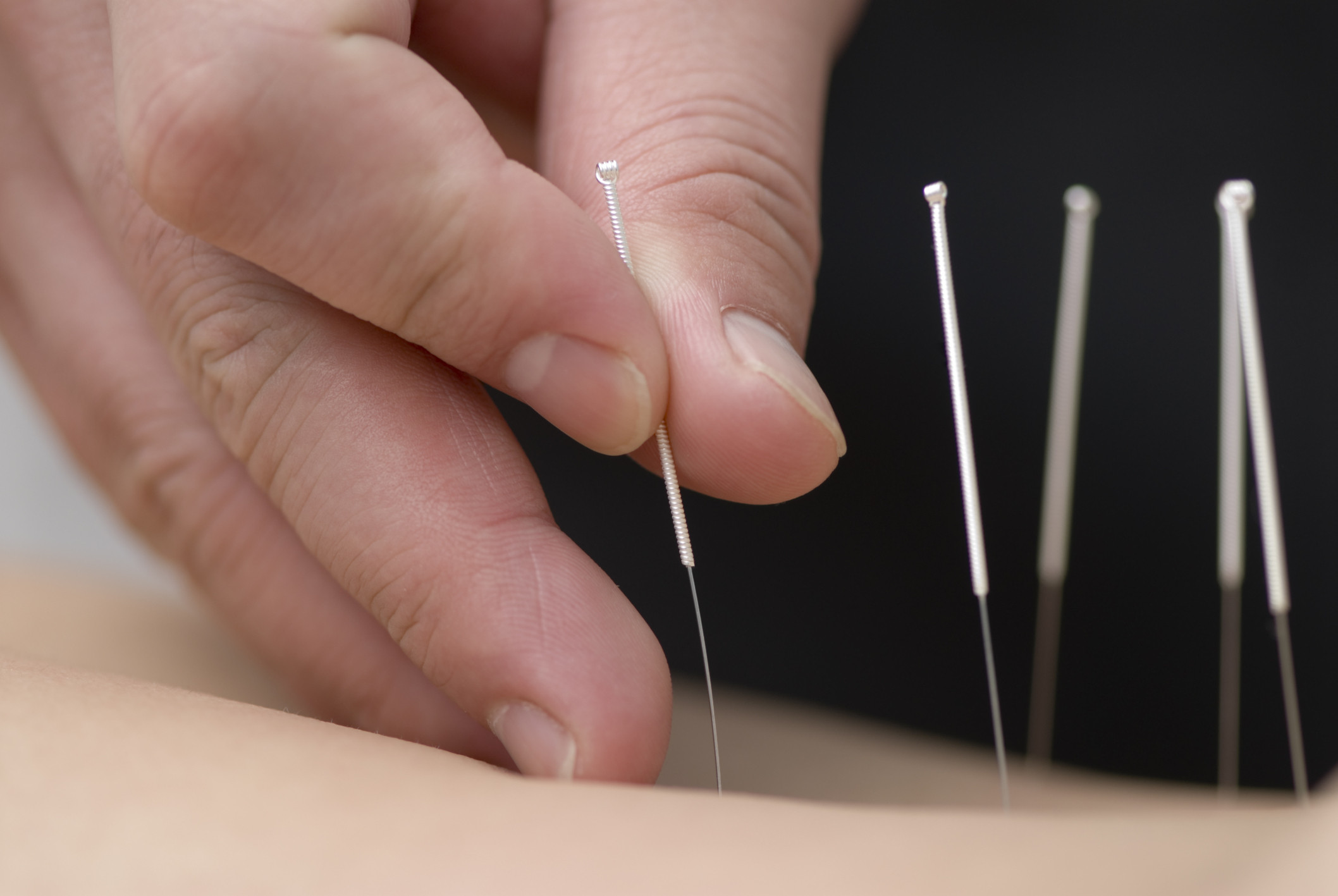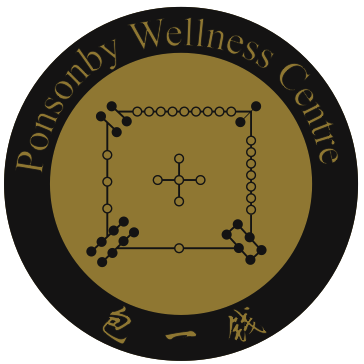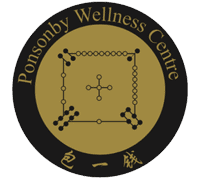The postpartum period, often referred to as the “fourth trimester,” is the period after childbirth lasting 6-8 weeks, when the mother’s body is slowly returning to a pre-pregnancy state. While much attention is paid to the baby’s health and development, the mother’s healing and well-being are equally vital. From hormonal changes and emotional shifts to physical recovery from childbirth, this period demands support, rest, and nourishment.
Acupuncture is emerging as a powerful care for post-partum support. Rooted in Traditional Chinese Medicine (TCM), acupuncture provides natural, non-invasive support to help mothers recover physically, emotionally, and energetically. In this blog, we will talk about how postpartum acupuncture can aid recovery, restore balance, and support maternal mental health.

Understanding Postpartum Recovery

Childbirth is a significant physical, emotional and hormonal event that depletes the body’s Qi (energy) and Blood. After a delivery, women may experience fatigue, muscle soreness, mood changes, hormonal fluctuations, lactation challenges, and sleep deprivation. Cesarean sections or complicated births can add another layer of recovery.
TCM views the postpartum period as a stage where the mother’s body can be restored and nourished. Acupuncture, along with dietary therapy, herbal medicine, and lifestyle guidance, plays a key role in this process.
What Is Acupuncture and How Does It Help?
Acupuncture is a traditional therapeutic technique that involves inserting fine, sterile needles into specific points on the body to stimulate the flow of energy, or qi. This gentle yet powerful practice helps regulate the body’s internal systems and encourages natural self-healing. Scientifically, acupuncture is understood to work by activating the nervous system, improving circulation, and influencing the endocrine and immune systems.
For postpartum women, acupuncture offers targeted support during a period of immense physical and emotional adjustment. It can help relieve common discomforts such as back pain, pelvic tension, and fatigue, while also supporting hormonal balance and mood regulation. By easing emotional distress, reducing anxiety, and enhancing overall energy, acupuncture aids in restoring the body and mind — nurturing a smoother recovery and supporting the transition into motherhood.

Common Postpartum Conditions Treated with Acupuncture
1. Fatigue and Low Energy
After childbirth, many women experience profound fatigue due to blood loss, lack of sleep, and the demands of caring for a newborn. Acupuncture strengthens the body’s Qi and Blood, revitalising energy levels and supporting adrenal function. Needling points on the Spleen, Kidney, and Liver meridians help nourish the body and improve stamina.
A randomised controlled study by Odabas and colleagues (2023) looked at the effect of acupressure (acupuncture pressure points) on women after giving birth by caesarean section. The acupressure lasted ~15 mins per session as it continued for 2 days, with results showing that acupressure was found to be effective in reducing postpartum fatigue. This result suggests that acupuncture (which involves inserting a needle into acupoints, similar to applying a stimulant pressure) may effectively reduce fatigue.

2. Postpartum Depression and Anxiety
Hormonal shifts, lack of rest, and emotional stress can contribute to postpartum mood disorders. Acupuncture has been shown to regulate neurotransmitters like serotonin and dopamine, offering relief from depression and anxiety without medication. Gentle, calming acupuncture treatments support emotional regulation and help new mothers feel more grounded and emotionally balanced.
While previous studies have demonstrated controversy in treating post-partum depression with acupuncture, recent analysis of multiple studies has found that acupuncture is strongly recommended to help with postpartum depression, especially when combined with psychotherapy (Zhao et al., 2024).

3. Hormonal Rebalancing
The weeks following childbirth involve significant hormonal readjustment. Acupuncture can ease the transition by supporting the hypothalamic-pituitary-ovarian (HPO) axis, regulating menstruation, reducing night sweats, and stabilising mood swings.
One example is that acupuncture may be able to help mothers produce breast milk and enhance lactation (Bao et al., 2023). This production involves hormones and the functioning of the HPO axis.

4. Pain and Physical Recovery
Whether from perineal trauma, cesarean scars, or musculoskeletal strain from carrying and feeding the baby, pain is common postpartum. And of course, for a long time, acupuncture has been approved to promote circulation, reduce inflammation, and help heal tissues. It’s particularly effective for back, neck, pelvic, and wrist pain.
Read more about acupuncture for pain relief here

6. Digestive and Sleep Support
Digestive sluggishness and sleep disturbances are frequent postpartum concerns. Acupuncture can help regulate the digestive system, relieve bloating or constipation, and promote deeper, more restorative sleep.
Read more about acupuncture for sleep here
:max_bytes(150000):strip_icc()/shutterstock_570054577-8705b473487d4edbaa654362c9c87134.jpg)
The “Golden Month” – A Time for Deep Nourishment
In many Asian cultures, the first 30–40 days after childbirth—often called the “Golden Month” or “Sitting the Month” or “confinement” (zuò yuè zi 坐月子 in Chinese)—is a sacred time for mothers to rest, heal, and bond with their babies. During this time, new mothers are encouraged to avoid cold foods, stay warm, eat nourishing soups and stews, and minimise physical exertion.
Acupuncture during the Golden Month can be deeply restorative. Weekly treatments can support uterine involution, replenish Blood and Qi, regulate emotions, and gently guide the body back into balance. When combined with traditional herbal formulas and proper rest, the healing effects are amplified.

When Can You Start Postpartum Acupuncture
Acupuncture can begin as early as 3–5 days after delivery, depending on the mother’s condition and the practitioner’s recommendation. For women recovering from cesarean births, treatments may focus on pain relief and scar healing starting around 1–2 weeks post-surgery.
For best results, a series of sessions over the first 6–12 weeks postpartum is ideal, with ongoing support as needed. Even a single treatment, however, can bring noticeable improvements in relaxation, pain relief, and energy.
Is Postpartum Acupuncture Safe?
Yes, acupuncture is generally very safe when performed by a qualified and registered practitioner. It is drug-free, non-invasive, and can be customised to each woman’s unique postpartum needs. Side effects are minimal, with occasional mild bruising or light-headedness that resolves quickly. Always consult your primary care provider or midwife, especially if you’ve experienced complications during birth.
Supporting Holistic Healing
Acupuncture is most effective when integrated into a holistic postpartum care plan. Consider combining it with:
- Traditional Chinese herbs: Custom formulas to replenish Blood, promote lactation, and regulate mood.
- Nutritious, warming foods: Bone broth, red dates, ginger, and grains to support digestion and energy.
- Gentle movement: Postpartum yoga, qi gong, or walking when ready.
- Emotional support: Talking therapies, mother’s groups, and partner involvement.
- Sleep and rest: Prioritise recovery over productivity; rest whenever possible.

A Final Word
Welcoming a new baby into the world is a joyful yet demanding time. While much focus is placed on the infant, the mother’s healing is just as important. Acupuncture offers a compassionate, effective, and individualised way to support women during the postpartum transition. Whether you’re experiencing fatigue, pain, anxiety, or just want to feel more centred, acupuncture can gently guide your body and spirit back to balance.
By investing in postpartum care—through acupuncture and beyond—we not only support mothers but help foster healthier families and communities. After all, when mothers thrive, everyone thrives.
Contact Us
You can also book an appointment with our expertise acupuncturist here
Contact us via:
phone number: 021 2159963
email address: ponsonbywellness@gmail.com
Our Location
57 Sussex St,
Ponsonby
Auckland 1021


